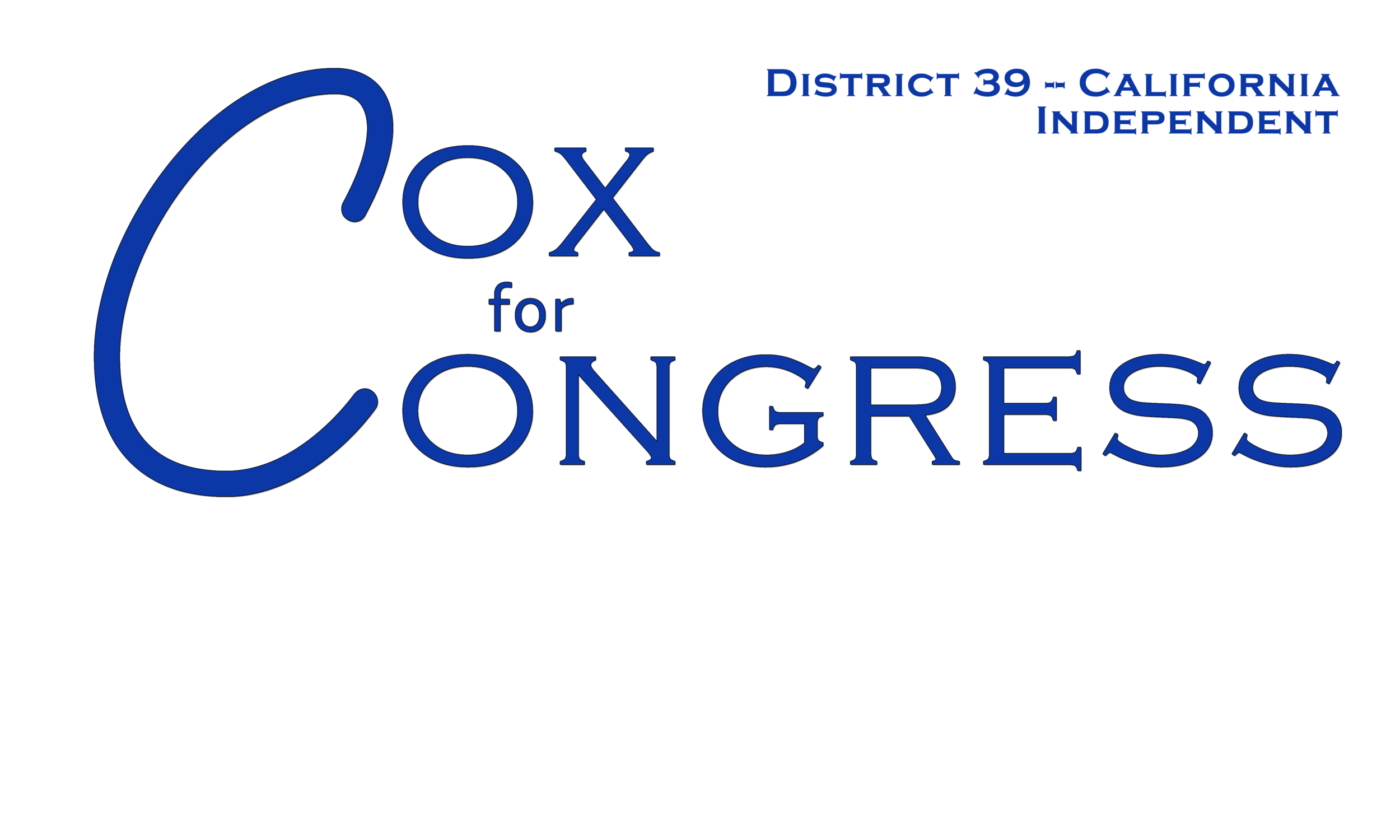We have the answers to how to run our government. These things are not a mystery.
Our elected leaders, Democrat and Republican alike, often want to make running our government seem like it’s some mysterious, ethereal process, and that they are the only people who have the answers. “Trust us, we know what we’re doing. Don’t you worry your little head about what’s going on here. We’ll handle it.”
But look at how dysfunctional our government is. It doesn’t matter which party is “in control,” either. It’s entirely dysfunctional, and they rarely accomplish anything of note.
I’d like you to ask yourself this:
Is the lack of accomplishment because running a government is just so incredibly hard, and the answers are just so difficult to figure out?
Or is it because they’re completely inept and/or corrupt?
I think the latter is much more likely than the former.
The thing is, we have actual science to tell us which way to go on a myriad of issues that plague our government, and our society, today. We have scholars all over the country, and across the world, executing studies, and their peers are reviewing them to make sure the studies hold up to scrutiny. And we have this kind of information available on every issue that seems so stupefying to our elected officials.
I believe the answers to what ails our country can be found in the data. Numbers. That’s not to say that I’m some sort of automaton without feelings or emotions, or morals. I’m very centered morally and ethically. I have a deep sense of fairness and justice, and of right and wrong. But if that’s all I had, I wouldn’t go very far with it. And the truth is, I believe most of us have an inherent understanding of right and wrong, and an inherent sense of fairness and justice.
In order to get our country back on the right track, we need to study, and have a solid, foundational understanding of the following sciences:
Economics – to determine the best course of action for the economy as a whole, what works, what doesn’t, which economic classes are affected the most and least by which policies, etc.
Sociology – to determine how people in a society relate to one another, how they’re motivated, how they view what’s fair and what isn’t, and why... Sociology in policy-making is just as valuable as economics, if not more so, but is utilized far less.
Socioeconomics – to bring the two previous fields of study together and form a cohesive strategy that can address most of what ails our society.
Civics (as a scientific study) – as it relates to sociology, economics, and socioeconomics, civics teaches us what we can and should expect from the populace, and what the populace can and should reasonably expect from their government in terms of respecting their rights and maintaining a functional society.
Criminology – to determine what causes and what reduces crime, how punishments work as deterrents (or not), the fairness of our application of laws (and of the justice system as a whole), expose biases in the system, and things like this, in order to help set public policy on a path balanced between the need for laws and the respect of individual rights.
History (as a scientific study) – to analyze the effects of all of the things listed above, in various combinations, in past societies and then determine the direction we should take today’s society.
Evolutionary Biology – to determine how much of what we learn from the above fields of study are in our “nature” as opposed to things that are learned, and therefore can be unlearned. For example, our closest living evolutionary ancestors, the Great Apes, have a genuine understanding of fairness. For that matter, so do monkeys and even our dogs. This tells us that fairness is deeply ingrained in our DNA. We can be taught to go against what’s fair, but to do that, we have to usually play off of another, deeper sense within us, such as greed, or fear. This study about different species’ understanding of fairness will help us understand which of the policies from the other fields above will be well-received if properly presented. That’s just one example of many.
Psychology/Psychiatry – to determine how best to present new ideas, how best to help people overcome racial, social, and language barriers, and what should be done to adjust to the outliers in society, along with many other things. These fields maintain a close relationship with every other field of study above as well.
Political Science – to determine directions to take in international relations, comparative politics, effectiveness of legislation, etc., and apply the things you learn from all of the other studies listed above.
Government, managed properly, comprises the proper application of sound scientific research. So, when our representatives try to make us believe that “running a government is hard” it’s time to call them on it.
The only people making governance difficult are the people who either don’t understand the science, or who have a specific interest (money, usually) in preventing the proper application of sound science.


